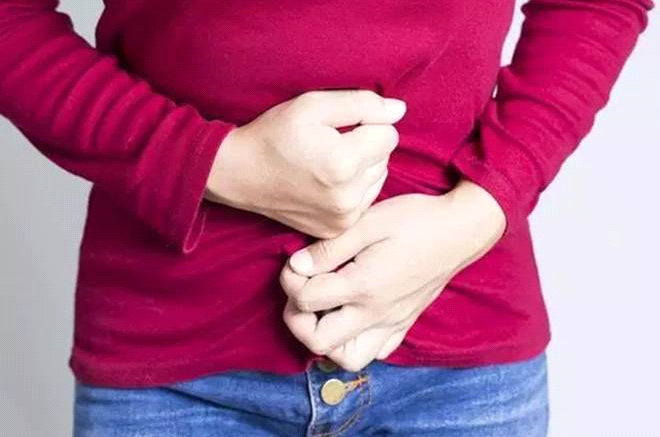India has a total of 12.3 billion disposable sanitary napkins to be taken care every year and the majority of which are non-biodegradable.
Menstrual hygiene products: One disposable pad is equal to 4 plastic bags and takes around 500 to 800 years to decompose.
Menstrual hygiene products are extremely good for women’s health but it might be choking the Earth. Switching to alternative solutions might serve the purpose of conserving the environment and could include adopting sustainable options, which will reduce the waste load on the planet.
Menstrual waste is usually dumped in landfills, thrown in open spaces and water bodies, burnt, buried or flushed down toilets. Each of these disposal techniques poses a different type of risk to the environment.
One possible solution to such a grave problem can be switching to environmentally-friendly sanitary pads which are biodegradable. This small choice might make a large impact.
Here’s how it might help:
Reusable menstruation products are health-friendly:
The raw material used to make synthetic pads mostly contains cotton, synthetic fibers, wood pulp and plastic.The synthetic pads prepared are bleached with chlorine dioxide which remains in the environment for ages and makes a permanent place in the human body. Other synthetic chemicals and artificial fragrances added have a list of side effects on our body.
Health Benefits:
The synthetic pads use plastics which block airflow and possibly encourage painful rashes. Disposable pads also use synthetic fibers like Rayon which are super absorbent, increasing the chances of severe pain and infections. The reusable sanitary napkins are made with less chemical content might help in avoiding these issues.
How reusable sanitary pads are made:
Reusable sanitary pads are mostly made of high absorbing natural fiber which has a removable liner or waterproof lining sewn inside which helps in extra absorption making the pads leak-proof and quite comfortable.
Environment-friendly:
One disposable pad is equal to 4 plastic bags and takes 500 to 800 years to decompose and perish from the face of the earth. It might also disturb the animal habitats both on land and in water. Switching to reusable would make a great difference.
Cost-effective:
The total costs of the reusable pads are quite low as compared to the cost of synthetic disposable pads used in a year. If used carefully, reusable sanitary pads might last for a year compared to synthetic pads which have a life of only a few hours.
Facts and figures mentioned above are provided by Sanfe and Hygiene Alliance of India (MHAI).

